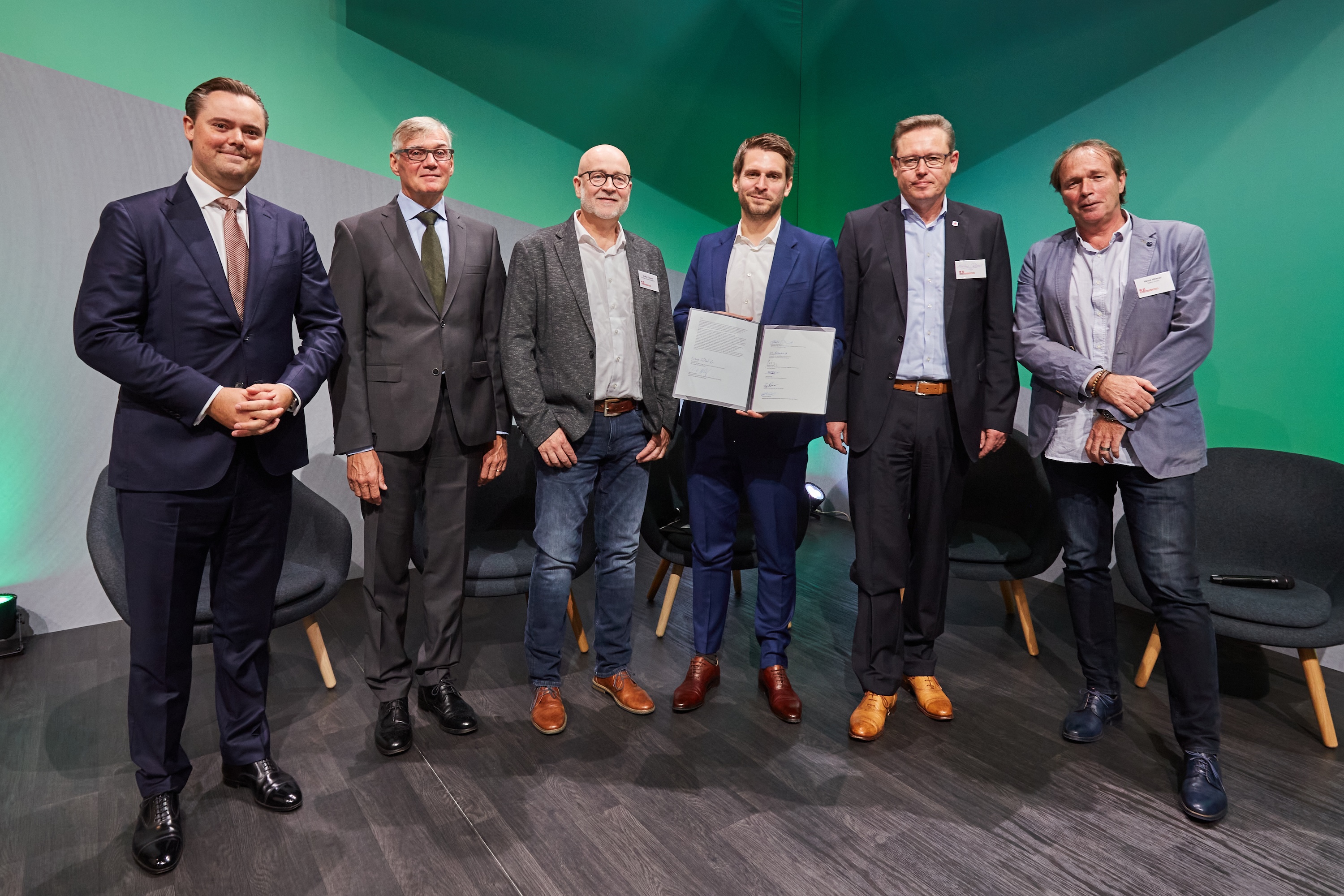
With its EcoTrace™ LCA service, SÜDPACK has adopted a holistic and data-driven approach to evaluating the environmental impact of its products throughout the value chain. By means of various scenarios and projections, EcoTrace™ makes it possible to compare different packaging concepts, make objective decisions regarding optimal packaging solutions, achieve ambitious environmental and sustainability goals, and expand and optimize product reporting based on reliable LCA data.
According to a study by WWF Germany, the volume of plastic waste could be reduced by around 8% by eliminating unnecessary packaging and introducing improved designs. Up to 365 kilotons, or 9%, of all single-use plastics could be replaced with materials that have a smaller ecological footprint. Furthermore, phasing out multipolymer materials would boost closed-loop mechanical recy-cling yields by 185 kilotons, or approximately 30%. “By incorporating chemical recycling as a viable recovery option, the potential environmental benefits in-crease manifold as carbon is retained in the material loop indefinitely,” ex-plains Carolin Grimbacher, Managing Partner of SÜDPACK.
Relevant impact categories and insights
EcoTrace™ enables SÜDPACK to analyze the entire life cycle of its own products, as well as customer concepts, in terms of their environmental impact. These calculations are based on a cradle-to-grave approach, which takes not only greenhouse gases (CO2e) into account, but also factors like fossil resource con-sumption, eco- and human-toxicity, as well as various energy sources and end-of-life options, within defined system limits. This is an important approach because around 10% of the environmental impact of SÜDPACK’s flexible films occurs at the end of their life cycle (assuming an average recycling rate of 48% and a thermal recovery rate of 52%).
In collaboration with Sphera, SÜDPACK recently conducted an LCA study in accordance with ISO 14040/44 for its Flow Pack PurePP solution – to assess the potential environmental impact of these innovative high-performance films from the company’s Pure-Line range. The materials in question are flexible film laminates used to produce flow packs for various applications, primarily in the food sector. They are made from PP and, due to their mono-material structure, have a recyclability rate of 92% according to the cyclos-HTP institute.
For the end-of-life analysis, a current German recycling mix served as the base-line scenario and was compared with the results from an analysis of 100% me-chanical recycling, 100% chemical recycling, and 100% thermal recovery. Addi-tionally, the study examined the impact of different energy sources used in production, as well as the incorporation of recycled content into the granules.
Summary of the LCA study results
In the baseline scenario, 1 m² of Flow Pack PurePP generates 246 g CO₂e/m² over its entire life cycle. As expected, incinerating the Flow Pack at the end of its life results in the highest emissions, at 293 g CO₂e/m², while mechanical recycling reduces this by approximately 50 g CO₂e/m². Therefore, by using me-chanical or chemical recycling as an alternative to thermal recovery, the ecolog-ical footprint is significantly improved. Even with chemical recycling, the differ-ence compared to thermal recovery is around 50 g CO₂e/m². If renewable elec-tricity is used, CO2e emissions are reduced even further – by more than 5%. Moreover, mechanical recyclate performs better than chemically recycled input materials, as the latter require more energy during production.
Overall, the results show that significant environmental impacts occur throughout the life cycle of Flow Pack PurePP, highlighting the need for fact-based assessments to make informed decisions on sustainability criteria.
Smart service
Another benefit of EcoTrace™ is that the results of these studies can serve as a foundation for fact-based product development and optimization based on various sustainability criteria, and can also be shared with customers when needed. EcoTrace™ makes it fast and easy to integrate the datasets into the customer’s “LCA for Experts” software.
About SÜDPACK
SÜDPACK is a leading manufacturer of high-performance films and packaging solutions for the food, non-food and medical goods industries and also of cus-tomer-specific compounds for technically demanding applications.
The family business, which was founded by Alfred Remmele in 1964, is head-quartered in Ochsenhausen. The production sites in Germany, France, Poland, India, Switzerland, the Netherlands and the USA are equipped with cutting-edge plant technology and manufacture to the highest standards, including the capacity to operate under clean room conditions. The global sales and service network ensures a high degree of proximity to the customer and comprehen-sive application technology support in more than 70 countries.
With its state-of-the-art Development and Application Center at its headquar-ters in Ochsenhausen, the innovation-oriented company offers its customers an optimal platform for developing individual and tailor-made solutions and also for performing application tests.
SÜDPACK is committed to sustainable development and fulfills its responsibility as an employer and towards society, the environment and its customers. For its sustainable product developments and consistent commitment to a func-tioning circular economy in the plastics industry, SÜDPACK has received nu-merous awards.






